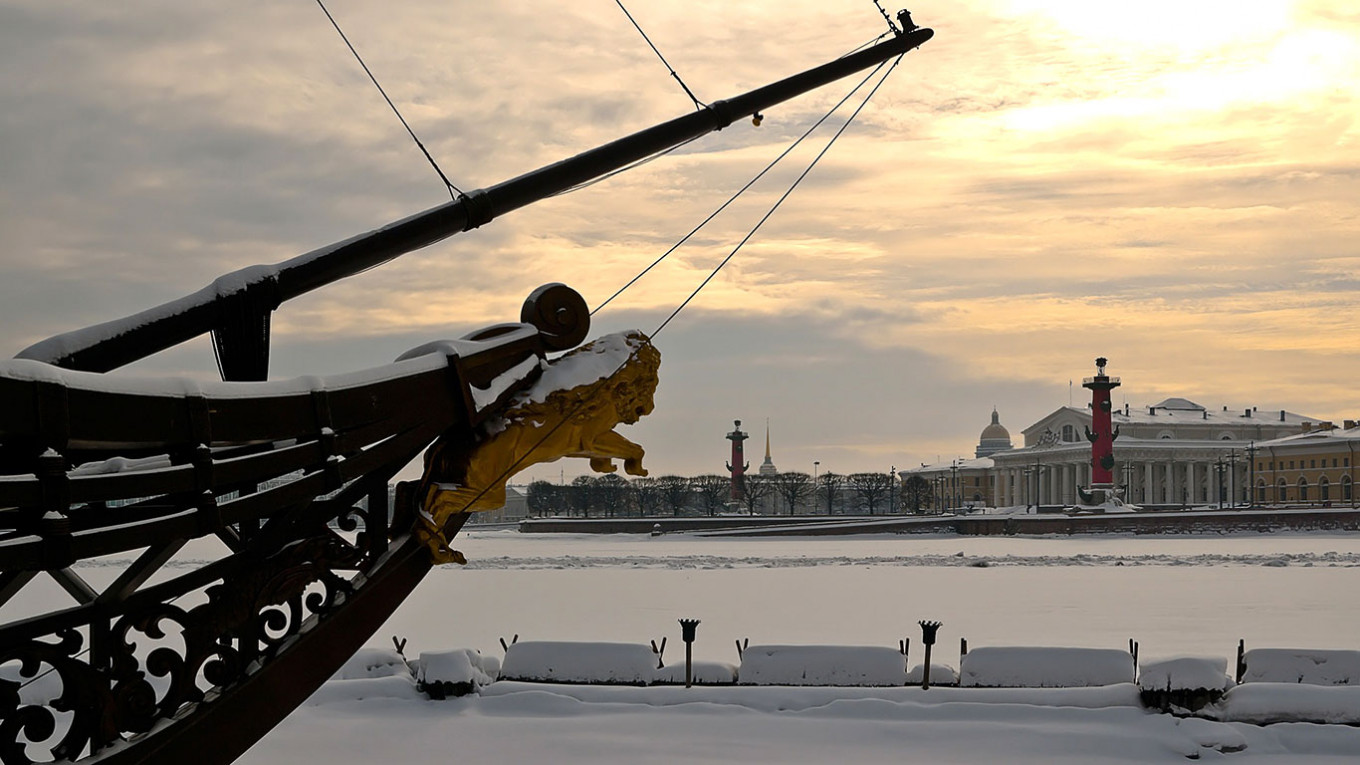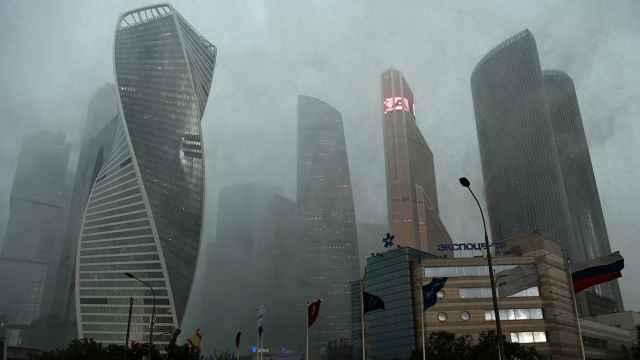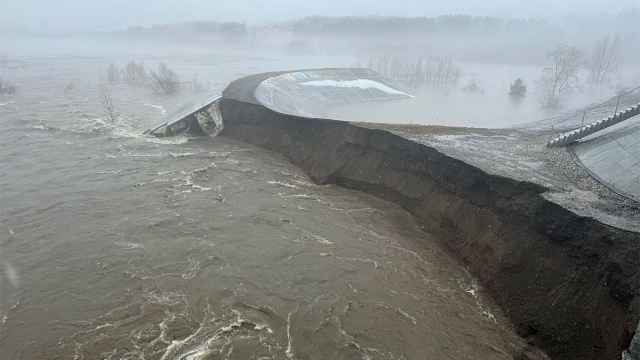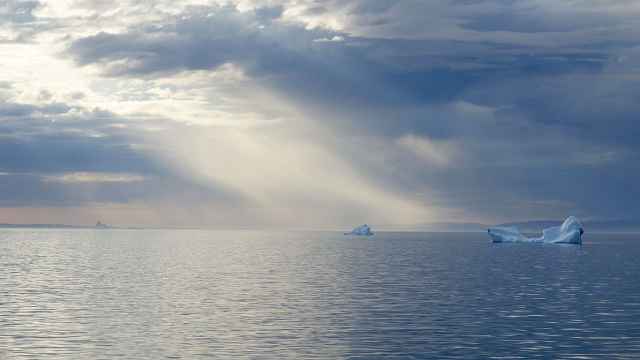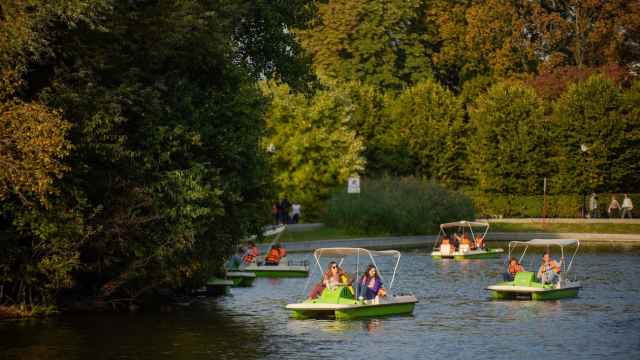St. Petersburg’s average winter temperatures could be 4 degrees Celsius higher than the pre-industrial average by 2050, while summer temperatures will rise by 2 C, a leading scientist said Wednesday.
While world leaders hope to stop global warming from surpassing 1.5 С above the pre-industrial average, St. Petersburg’s average annual temperature has risen by 1.5 С in the past 50 years alone, said Yelena Akentieva, a senior researcher at the Voeikov Main Geophysical Laboratory.
Weather anomalies like heat waves and extreme rain and snowfall in Russia’s second-largest city have also become more frequent in recent decades, Akentieva said. The city of 7 million saw record-breaking snowfall in 2011 and rainfall in 2016.
The city can expect to receive 20-30% more snowfall by 2050 and a 40% increase in the number of floods, Akentieva said.
“This will happen because of global sea levels rising by 0.5 to 1 meter by the end of the century,” she said. “Wind circulation has already changed and southwestern winds, which are what contribute to surge waves, are now dominant.”
St. Petersburg is currently protected from storm surges by a 25-kilometer dam complex. But the dam’s operators have expressed doubt that the complex, designed in the 1970s, would be able to shield the city from the intense flooding that is expected to become a regular occurrence by 2050.
Akentieva and other scientists say increased rainfall will also put St. Petersburg’s drainage and flood mitigation systems under strain.
St. Petersburg was constructed on the delta of the Neva River, with some parts of the city located in lowlands that used to be marshes. A study by Indiana University projected that delta cities will be extremely vulnerable to the climate crisis in the coming decades.
A Message from The Moscow Times:
Dear readers,
We are facing unprecedented challenges. Russia's Prosecutor General's Office has designated The Moscow Times as an "undesirable" organization, criminalizing our work and putting our staff at risk of prosecution. This follows our earlier unjust labeling as a "foreign agent."
These actions are direct attempts to silence independent journalism in Russia. The authorities claim our work "discredits the decisions of the Russian leadership." We see things differently: we strive to provide accurate, unbiased reporting on Russia.
We, the journalists of The Moscow Times, refuse to be silenced. But to continue our work, we need your help.
Your support, no matter how small, makes a world of difference. If you can, please support us monthly starting from just $2. It's quick to set up, and every contribution makes a significant impact.
By supporting The Moscow Times, you're defending open, independent journalism in the face of repression. Thank you for standing with us.
Remind me later.


